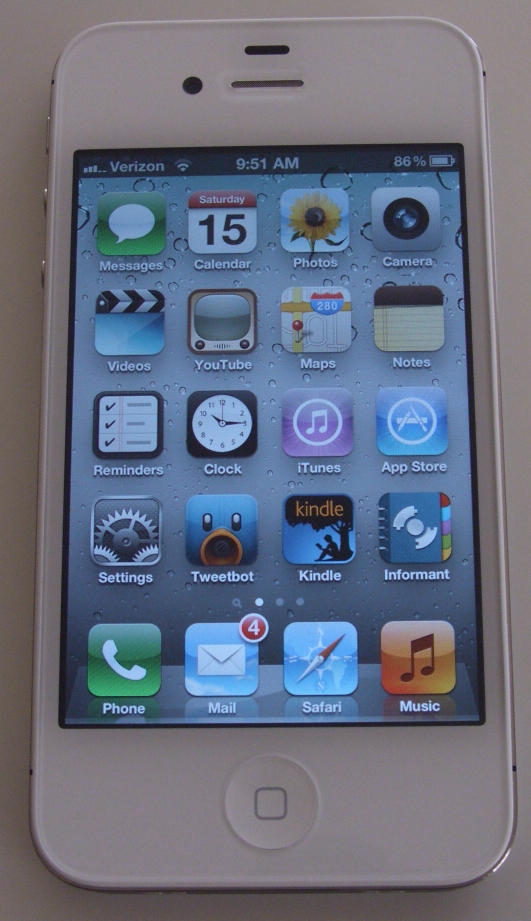U. S. carriers to cut iPhone subsidy? Why it won't happen


Analysts have gone on record stating a mutiny is coming from the carriers in the form of better terms with Apple to get the subsidy down to that paid for other phones. The explanation is that carriers' margins have dropped, in large part due to the higher cost paid to Apple for each iPhone sold.
AllThingsD points out that won't likely happen since the carriers' contracts with Apple are not expiring any time soon. That may be, but there's a bigger reason that Apple is not going to let carriers dictate a lower subsidy on the iPhone.
The iPhone is so popular with customers that high demand puts Apple in the driver's seat for any negotiations with carriers. Verizon's latest financials point out that the iPhone accounted for over half of the carrier's smartphone sales last quarter. The single iPhone outsold all the other phones Verizon offers.
Each of the 3.2 million iPhones sold by Verizon was accompanied by a two-year contract for service. That's a lot of revenue for service which is where Verizon (and other carriers) make their real money. They are a service company foremost and a phone retailer second. The latter business practice is strictly to push the former.
AT&T is also selling millions of iPhones making it a significant source of service activations for the carrier. It sold over 7 million iPhones in the last quarter of 2011.
Update: AT&T's figures released today show the iPhone is carrying the team. Out of 5.5 million smartphones sold by the carrier in the latest quarter, fully 4.3 million of them were iPhones.
It is reasonable to assume the three carriers, AT&T, Verizon, and Sprint, are selling far more iPhones than all other smartphones combined. While the high subsidy paid to Apple nips into the bottom line, that is far out-shadowed by the gains on the new service. It is safe to assume that the lion's share of those new iPhone activations would not go to other smartphones if the customer had to pay a lot more out-of-pocket for the iPhone. Many of those sales would not happen.
The carriers are now dependent on iPhone sales to keep their business as high as possible. Doing something that would stop customers in their tracks is not in the carriers' best interest. That's why they will gladly keep paying Apple top dollar for the iPhone.
Related:
- Why I ordered an iPhone 4S
- Five iOS 5 secrets
- Some more iOS 5 secrets
- The hurdles to overcome for voice control
- I want my smartphone to “get” me
- iPhone Great Debate
- Samsung Galaxy Tab 10.1 Honeycomb tablet
- Top Android apps for Honeycomb tablets
- Verizon is finally taking pre-orders for Samsung Galaxy Tab 10.1 4G
- Android Honeycomb 3.1: A mixed bag of meh
- Top Android apps for Honeycomb tablets- Summer 2011 edition